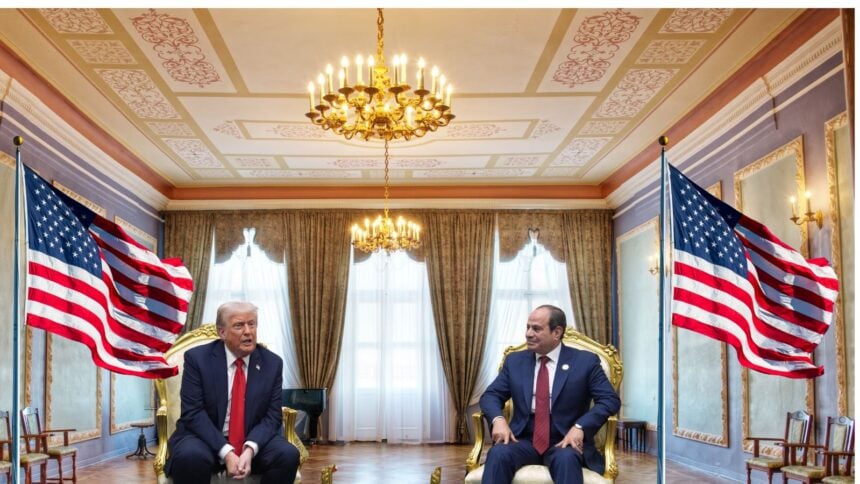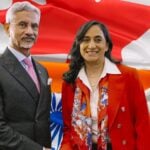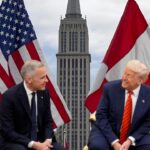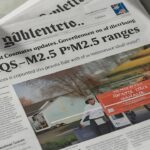President Donald Trump said the Gaza war is over and moved quickly to turn that declaration into a durable ceasefire, flying first to Israel to address the Knesset and then to Egypt for a summit with regional and global leaders.
“The war is over, you understand that,” Trump told reporters before landing in Tel Aviv. The visit came as all 20 remaining living Israeli hostages held in Gaza were released and Israel began freeing large numbers of Palestinian prisoners under a U.S.-brokered deal.
In Jerusalem, lawmakers in Israel’s parliament gave Trump a warm reception as he framed the pact as a pivot from wartime footing to rebuilding and security guarantees.
He urged Israeli and Palestinian leaders to lean into the agreement’s next steps, including measures aimed at preventing a return to fighting and creating a path for civilian recovery in the strip.
The tone from Israeli leaders was celebratory but cautious, reflecting relief over the hostage releases alongside unresolved questions about Gaza’s governance and security architecture.
With the first stage of the exchange underway, attention now shifts to Egypt, where leaders are gathering to codify the ceasefire’s enforcement and coordinate foreign aid, border logistics, and security responsibilities.
Egypt controls the Rafah frontier and has been central to talks among Israel, the United States, Qatar, and others who helped stitch together the framework that halted the shooting.
The summit is expected to tackle technical but consequential issues that could decide whether the pause becomes a lasting end to hostilities.
Israeli officials said Hamas delivered only a small number of bodies of hostages confirmed to have died in captivity, calling that a violation of terms and a painful setback for families seeking closure.
Mediators say conversations continue on locating remains and accounting for the missing that dispute underscores the fragility of a deal that must survive hard domestic politics on both sides and the ever-present risk of spoilers.
The White House and Cairo are pushing to unlock humanitarian corridors and reconstruction funds tied to strict monitoring.
Those mechanisms could reduce procurement risks for companies that have stayed on the sidelines during the conflict’s most volatile phase.
Trump backed new sanctions tied to NATO’s energy purchases, a stance that sought to use fuel flows as leverage in wider security deals.
This history informs how allies and energy markets read Washington’s endgame on Gaza, including whether future security guarantees are paired with investment hurdles and trade incentives.
The administration’s messaging to European partners about supply diversification echoes its earlier warnings when Trump urged NATO to stop buying Russian oil.
Those episodes offer a playbook for how the White House may try to align security, sanctions, and commerce as it shepherds the Gaza pact through its delicate next stage.
Trump is expected to outline next steps after the Egypt meeting, including a schedule for follow-up talks on border security and a framework for Gaza’s postwar administration.
Those sessions will test whether the parties can translate a breakthrough on hostages and prisoners into an enforceable peace that keeps militants disarmed, civilians supplied, and outside actors aligned.
The diplomatic choreography over the coming days will show if the phrase that opened Trump’s trip can become policy, the war is over.



















